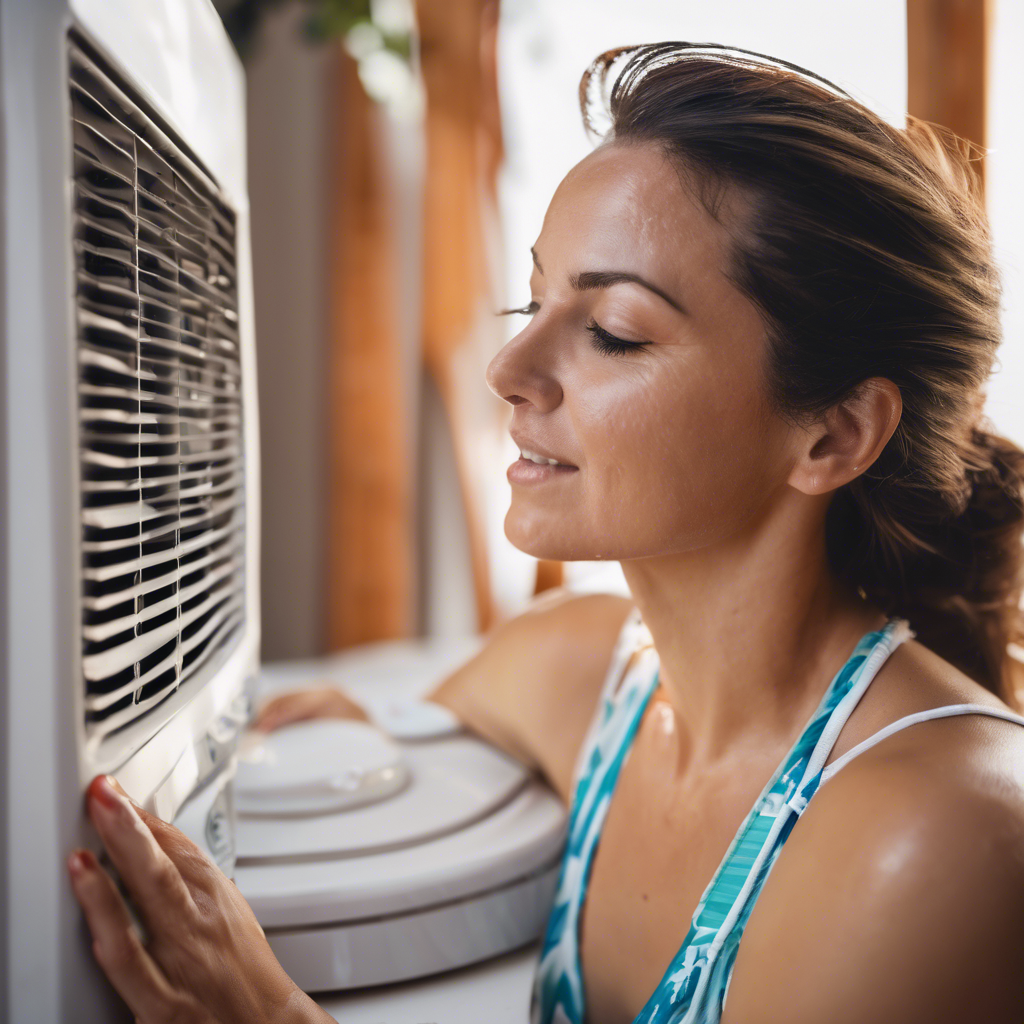
Air conditioning and heating - the impact on the skin
Share
- In the morning and evening, apply a richer moisturizing cream or serum with hyaluronic acid.
- If you work in an air-conditioned office, keep a moisturizing mist nearby and spray your face during the day.
- In winter, choose fatter cream formulas that create a protective layer.
2. Protecting the hydrolipid barrier
Prolonged exposure to air-conditioned or heated rooms weakens the skin's protective barrier.
- Avoid aggressive cleansers – choose gentle emulsions and oils for washing your face.
- Use toners and moisturizing essences that support the natural functions of the skin.
- Use moisturizing masks once a week (e.g. with algae, hyaluronic acid, honey).
3. Air humidification – the key to healthy skin
Air conditioning and heating drastically reduce the level of humidity in rooms.
- Use a humidifier – maintaining humidity at 40-60% helps the skin maintain proper hydration.
- Place bowls of water on radiators – a simple way to increase air humidity.
- In the office, you can put potted plants on your desk, which improve air quality.
4. Skin protection during the day
- Use sunscreens (SPF 30-50) – skin exposed to artificial lighting and UV radiation from screens also requires protection.
- Drink plenty of water and herbal infusions – skin hydration starts from the inside.
- Use lip balms and hand creams – lips and hands are particularly susceptible to dryness.
5. Effective skin care products for air conditioning and heating
✅ Hyaluronic acid serum – moisturizes and fills wrinkles.
✅ Ceramide creams – rebuild the skin's natural barrier.
✅ Face oils – help retain water in the epidermis.
✅ Thermal water mists – refresh the skin during the day.
✅ Night masks – have a regenerating effect during sleep.
Summary
Both air conditioning and heating can have a negative effect on the skin, causing it to dry out, irritate and age faster. Regular moisturising, protecting the hydrolipid barrier and maintaining the right air humidity play a key role. Adjusting your skincare to the environmental conditions will ensure that your skin remains healthy, moisturised and resistant to negative external factors.